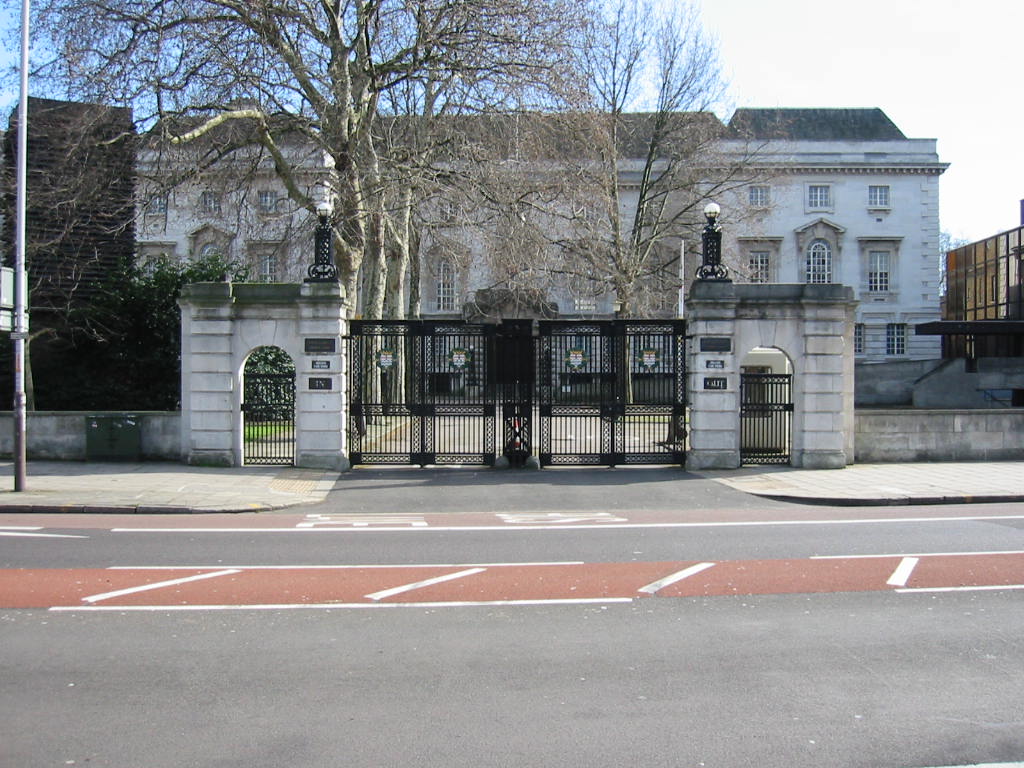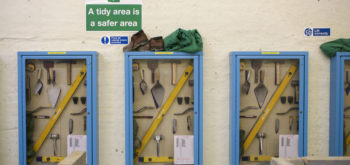A Crown Court judge has blamed government funding failures for delays that mean he cannot lawfully keep a man accused of attempted murder in custody while he awaits trial, despite accepting the ‘significant risk’ the defendant poses.
36-year-old Tom Maughan has been on remand since May over an alleged attack in Dalston in which a 52-year-old man suffered life-changing injuries. He must be released on 21 November, when the six-month custody time limit expires.
Court staff told Judge Silas Reid that no courtroom or judge was available to hear the case sooner; his trial is now listed for June 2026, more than seven months after the custody time limit runs out.
As reported in the Times, Judge Reid highlighted funding pressures preventing the court from sitting at full capacity. Inner London crown court has 12 courtrooms, but only eight-and-a-half sitting courts can operate each week, falling to six once days allocated to cases from other regions are included. Reid described the Ministry of Justice’s funding model as the ‘prime reason why we have the problems of custody time limits’.
Reid said Maughan posed risks of reoffending, absconding, and interfering with witnesses. He told the court that ‘save for the custody time limits, it is quite clear to me that [Maughan] should remain in custody.’ However, he found that the ‘systemic financial constraints’ limiting the court’s capacity did not meet the statutory test to extend custody.
Riel Karmy-Jones KC, chair of the Criminal Bar Association, said the decision was ‘no surprise to anyone working in the criminal justice system,’ calling it ‘a disaster waiting to happen.’ The CBA have previously criticized the government’s ‘artificial cap on sitting days’ result in empty courtrooms.
The criminal courts backlog now exceeds 78,000 cases, with average waiting times nearing 700 days. Official figures show courts operating with fewer sitting days and reduced capacity, contributing to delays that have worsened in recent years.
The Ministry of Justice have announced measures to increase capacity, including funding an additional 1,250 Crown Court sitting days. However, the Criminal Bar Association has said this falls far short of what is needed, estimating that the court system is still around 19,000 sitting days short of what is required to reduce the backlog.
The Government are also seeking to implement recommendations of the Leveson review of the criminal courts, including removing trial by jury for some cases.






